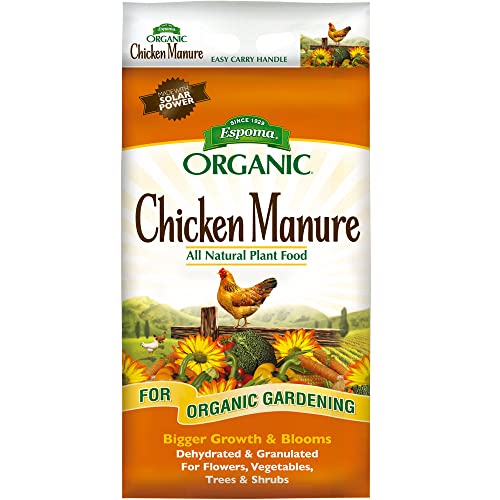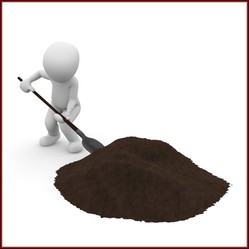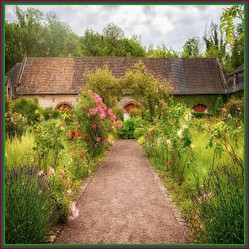Have you considered the need of fertilizers for herbs?
Although good fertile soil may not need any additional manure in the beginning, the normal garden soil is mostly in need of amendments. Garden soil often consists of silt, sand, loam, clay and small pebbles. With organic manure you can make the garden soil fertile.
Whether you buy chemical fertilizer or make your own compost, for regular harvesting your garden yield you have to meet soil needs. If you take care of soil, it also means you are caring for plants and herbs. Once you ensure this, you will definitely enjoy the rewards with rich dividend in form of high yield of tasty and healthy herbs.
© copyright WriterArtist 2021, All rights reserved
Image Courtesy Pixabay, Author Peggy und Marco Lachmann-Anke



















 Harvest Bounty of Fall Fruitson 08/03/2023
Harvest Bounty of Fall Fruitson 08/03/2023
 Is Buddhism older than Hinduism?on 06/13/2023
Is Buddhism older than Hinduism?on 06/13/2023
 Was Tirumala Tirupati Balaji Temple a Buddhist Shrine?on 06/13/2023
Was Tirumala Tirupati Balaji Temple a Buddhist Shrine?on 06/13/2023
 The Great Wave of Kanagawa from Japanese Artist Hokusaion 06/11/2023
The Great Wave of Kanagawa from Japanese Artist Hokusaion 06/11/2023



Have you ever tried making soil mix or compost at home?
Herbs are so often grown in pots, that makes it very important to maintain a good soil when such a small volume of soil is present. It is easy to deplete a small pot-full of soil.
WriterArtist, Thank you for all the practical information, pretty pictures and product lines.
Are there herbs that you prefer to grow within containers and others in the ground?
Thanks frankbeswick. I love your articles too. You seem to have expertise on geology, history, gardening etc. Hope you have recovered from the injury. I read about it on Forum.
A good article.